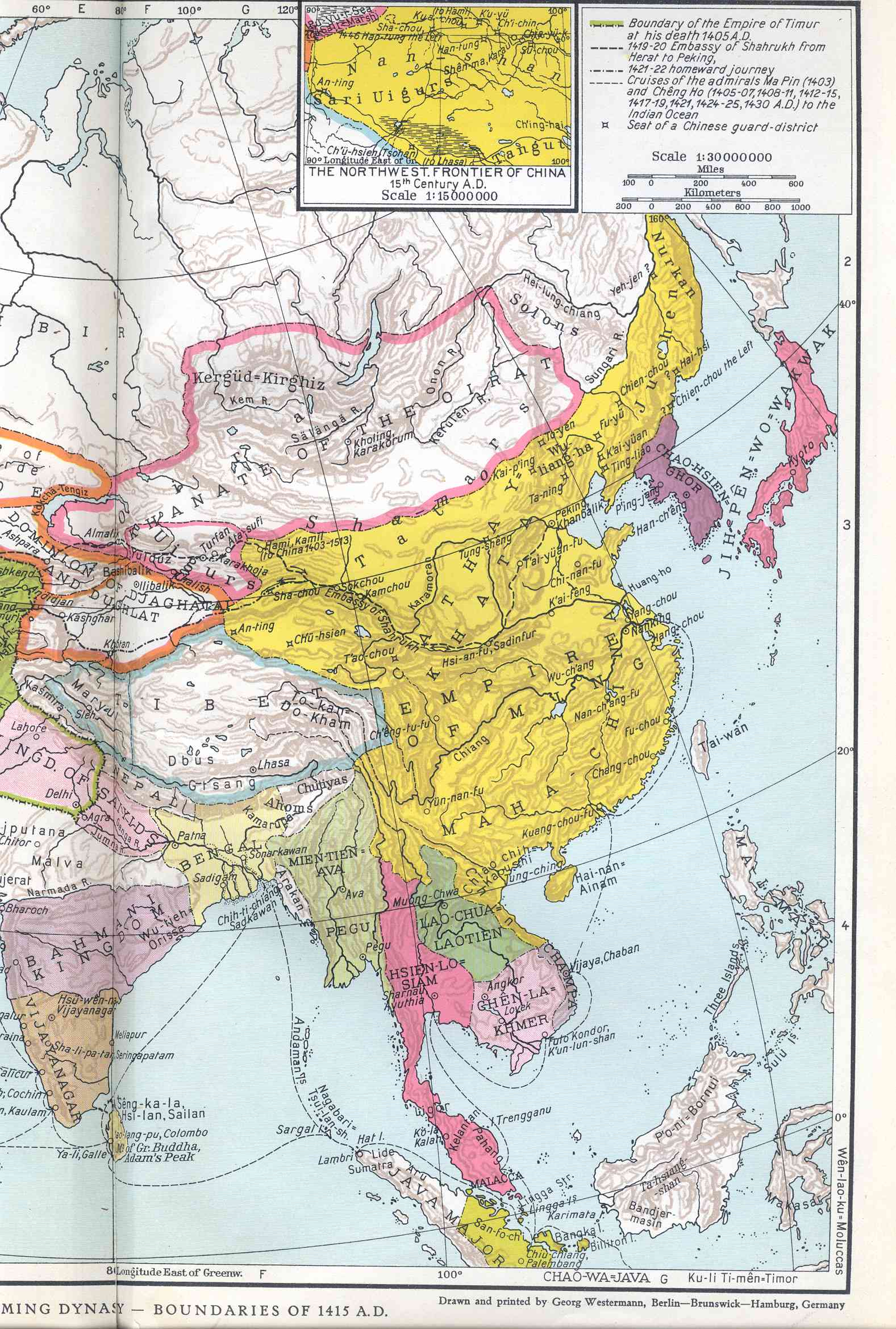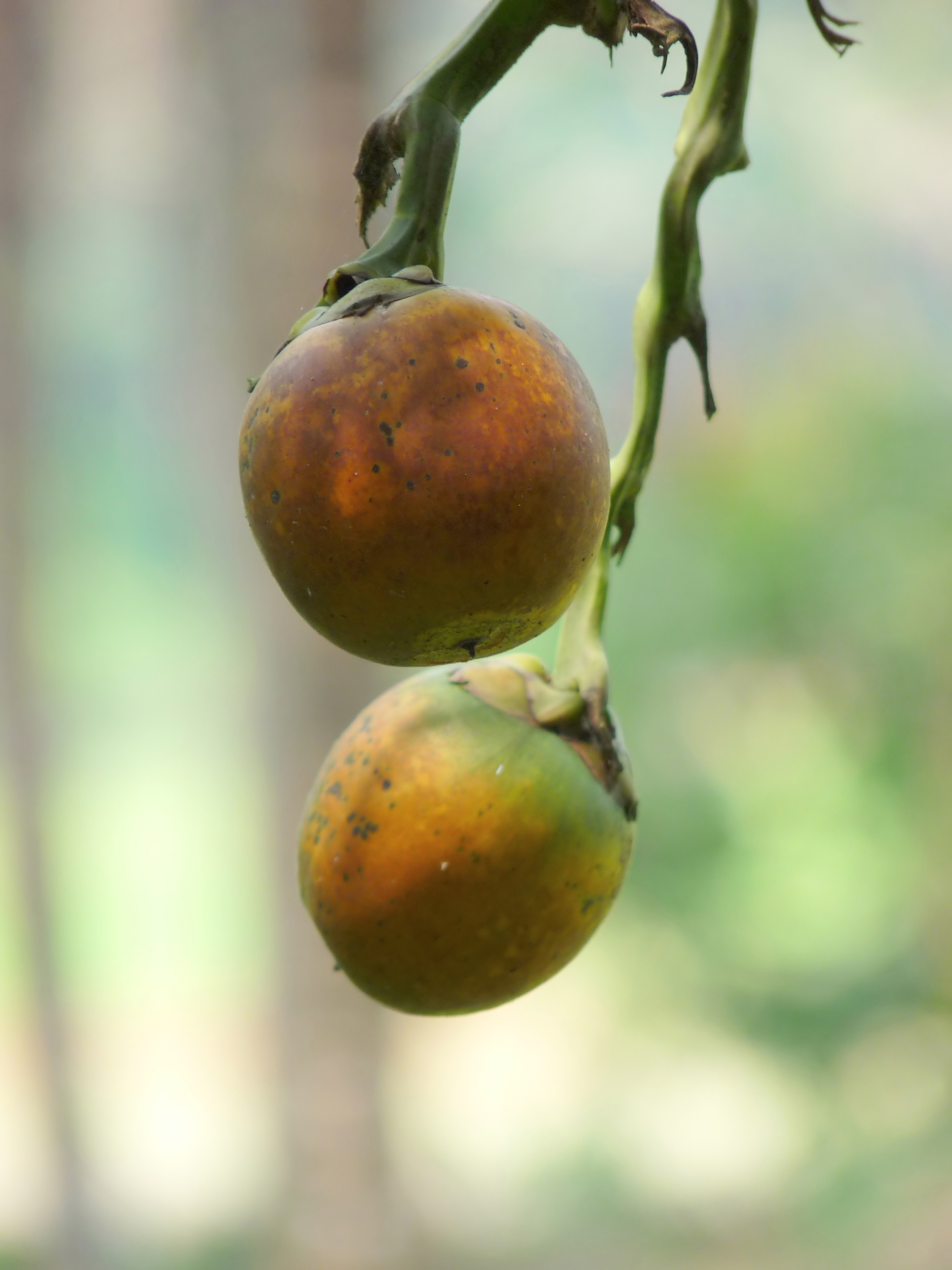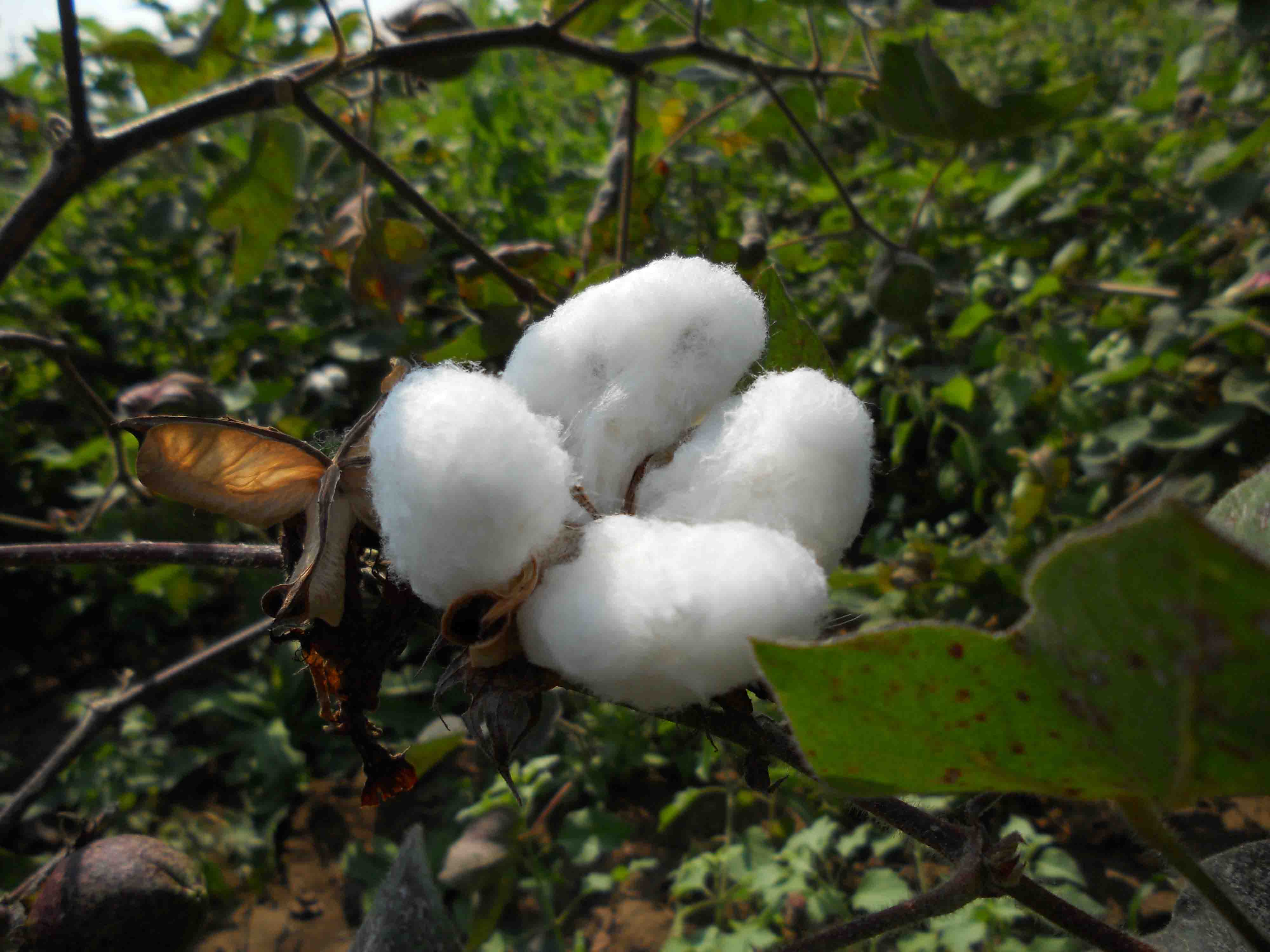|
Kangchu
The Kangchu system was a socio-economic system of organisation and administration developed by Chinese agricultural settlers in Johor during the 19th century. The settlers organised themselves into informal associations (similar to the Kongsi organisations found in other Chinese communities), and chose a leader from among themselves. In Chinese, "Kangchu" (; Hokkien Pe̍h-ōe-jī: ''Káng-chú''; Teochew Pe̍h-ūe-jī: ''Káng-tsú'') literally means 'master of the riverbank', and was the title given to the Chinese headmen of these river settlements.Andaya (1984), p. 140 The "Kangchu" leaders are also called "Kapitan". The Kangchu system traces its origins from the 18th century when Chinese coolies settled in Penang and Riau and set up gambier and pepper plantations there. The sovereign rulers of Johor, Temenggong Daeng Ibrahim and his son and successor, Sultan Abu Bakar, took up the Kangchu system during the first half of the 19th century to provide a more organised form o ... [...More Info...] [...Related Items...] OR: [Wikipedia] [Google] [Baidu] |
Abu Bakar Of Johor
Sultan Sir Abu Bakar Al-Khalil Ibrahim Shah ibni Almarhum Maharaja Tun Daeng Ibrahim ( Jawi: ; 3 February 1833 – 4 June 1895) was the Temenggong of Johor. He was the 1st sultan of modern Johor, the 21st Sultan of Johor and the first Maharaja of Johor from the House of Temenggong. He was also informally known as "The Father of Modern Johor", as many historians accredited Johor's development in the 19th century to Abu Bakar's leadership. He initiated policies and provided aids to ethnic Chinese entrepreneurs to stimulate the development of the state's agricultural economy which was founded by Chinese migrants from southern China in the 1840s. He also took charge of the development of Johor's infrastructure, administrative system, military and civil service, all of which were modelled closely along Western lines. Abu Bakar was noted for his diplomatic skills, and both the British and Malay rulers had approached him for advice in making important decisions. He was also an avid ... [...More Info...] [...Related Items...] OR: [Wikipedia] [Google] [Baidu] |
Kapitan Cina
Kapitan Cina, also spelled Kapitan China or Capitan China or Capitan Chino (; ; ; ), was a high-ranking government position in the civil administration of colonial Indonesia, Malaya, Singapore, Borneo and the Philippines. Office holders exercised varying degrees of power and influence: from near-sovereign political and legal jurisdiction over local Chinese communities, to ceremonial precedence for community leaders. Corresponding posts existed for other ethnic groups, such as Kapitan Arab and Kapitan Keling for the local Arab and Indian communities respectively. Pre-colonial origin The origin of the office, under various different native titles, goes back to court positions in the precolonial states of Southeast Asia, such as the Sultanates of Malacca in the Malay Peninsula, the Sultanate of Banten in Java, and the Kingdom of Siam in mainland Southeast Asia. Ooi, Keat Gin. ''Southeast Asia: A Historical Encyclopedia, From Angkor Wat to East Timor''p. 711/ref> Many rule ... [...More Info...] [...Related Items...] OR: [Wikipedia] [Google] [Baidu] |
Malaysian Chinese
Malaysian Chinese, Chinese Malaysians, or Sino-Malaysians are Malaysians, Malaysian citizens of Chinese people, Chinese ethnicity. They form the second-largest ethnic group in Malaysia, after the Malaysian Malays, Malay majority, and , constituted 23.2% of the country's citizens. In addition, Malaysian Chinese make up the second-largest community of overseas Chinese globally, after Thai Chinese. Within Malaysia, the ethnic Chinese community maintains a significant and substantial presence in the Economy of Malaysia, country's economy. Most Malaysian Chinese are descendants of Southern China, Southern Chinese immigrants who arrived in Malaysia between the early 19th and the mid-20th centuries before the country attained independence from British colonial rule. The majority originate from the provinces of Fujian and Lingnan (including the three modern provinces of Guangdong, Hainan and Guangxi). They belong to diverse linguistic subgroups speaking Chinese such as the Hoklo peop ... [...More Info...] [...Related Items...] OR: [Wikipedia] [Google] [Baidu] |
Chinese Emigration
Waves of Chinese emigration have happened throughout history. They include the emigration to Southeast Asia beginning from the 10th century during the Tang dynasty, to the Americas during the 19th century, particularly during the California gold rush in the mid-1800s; general emigration initially around the early to mid 20th century which was mainly caused by corruption, starvation, and war due to the Warlord Era, the Second Sino-Japanese War and the Chinese Civil War; and finally elective emigration to various countries. Most emigrants were peasants and manual laborers, although there were also educated individuals who brought their various expertises to their new destinations. Chronology of historical periods 11th century BCE to 3rd century BCE * The Zhou dynasty overthrew the Shang dynasty in 1046 BCE. This conquest marked the beginning of the Zhou rule and the expansion of their territorial control. * Western Zhou: The Zhou people engaged in active military campaigns ... [...More Info...] [...Related Items...] OR: [Wikipedia] [Google] [Baidu] |
Malacca
Malacca (), officially the Historic State of Malacca (), is a States and federal territories of Malaysia, state in Malaysia located in the Peninsular Malaysia#Other features, southern region of the Malay Peninsula, facing the Strait of Malacca. The state is bordered by Negeri Sembilan to the north and west and Johor to the south. The Enclaves and exclaves, exclave of Tanjung Tuan also borders Negeri Sembilan to the north. Its capital is Malacca City, which has been listed as a UNESCO World Heritage Site since 7 July List of World Heritage Sites by year of inscription#2008 (32nd session), 2008. Malacca has diverse tropical rainforest and experiences an equatorial climate. Situated immediately south of the Titiwangsa Mountains, the state is mostly level and dotted with inselbergs, with Bukit Gapis as the highest point. Although it was the location of one of the earliest Malay sultanates, namely the Malacca Sultanate, the local monarchy was abolished when the Portuguese Capture o ... [...More Info...] [...Related Items...] OR: [Wikipedia] [Google] [Baidu] |
Spice Trade
The spice trade involved historical civilizations in Asia, Northeast Africa and Europe. Spices, such as cinnamon, cassia, cardamom, ginger, pepper, nutmeg, star anise, clove, and turmeric, were known and used in antiquity and traded in the Eastern World. These spices found their way into the Near East before the beginning of the Christian era, with fantastic tales hiding their true sources. The maritime aspect of the trade was dominated by the Austronesian peoples in Southeast Asia, namely the ancient Indonesian sailors who established routes from Southeast Asia to Sri Lanka and India (and later China) by 1500 BC. These goods were then transported by land toward the Mediterranean and the Greco-Roman world via the incense route and the Roman–India routes by Indian and Persian traders.Fage 1975: 164 The Austronesian maritime trade lanes later expanded into the Middle East and eastern Africa by the 1st millennium AD, resulting in the Austronesian colonization of Madagas ... [...More Info...] [...Related Items...] OR: [Wikipedia] [Google] [Baidu] |
Bugis
The Bugis people, also known as Buginese, are an Austronesian ethnic groupthe most numerous of the three major linguistic and ethnic groups of South Sulawesi (the others being Makassarese and Torajan), in the south-western province of Sulawesi, third-largest island of Indonesia. The Bugis in 1605 converted to Islam from Animism. Although the majority of Bugis are Muslim, a small minority adhere to Christianity as well as a pre-Islamic indigenous belief called ''Tolotang''. The Bugis, whose population numbers around six million and constitutes less than 2.5% of the Indonesian population, are influential in the politics in the country; and historically influential on the Malay Peninsula, Sumatra, Borneo, Lesser Sunda Islands and other parts of the archipelago where they have migrated en masse, starting in the late seventeenth century. The third president of Indonesia, B. J. Habibie, and a former vice president of Indonesia, Jusuf Kalla, are Bugis descent. In Malaysia, the ... [...More Info...] [...Related Items...] OR: [Wikipedia] [Google] [Baidu] |
Clove
Cloves are the aromatic flower buds of a tree in the family Myrtaceae, ''Syzygium aromaticum'' (). They are native to the Maluku Islands, or Moluccas, in Indonesia, and are commonly used as a spice, flavoring, or Aroma compound, fragrance in final good, consumer products, such as toothpaste, soaps, or cosmetics. Cloves are available throughout the year owing to different harvest seasons across various countries. Etymology The word ''clove'', first used in English in the 15th century, derives via Middle English , Anglo-French ''clowes de gilofre'' and Old French , from the Latin word ' "nail". The related English word ''gillyflower'', originally meaning "clove", derives via said Old French and Latin ', from the Greek "clove", literally "nut leaf". Description The clove tree is an evergreen that grows up to tall, with large leaves and crimson flowers grouped in terminal clusters. The flower buds initially have a pale hue, gradually turn green, then transition to a bright red ... [...More Info...] [...Related Items...] OR: [Wikipedia] [Google] [Baidu] |
Areca Nut
The areca nut ( or ) or betel nut () is the fruit of the areca palm (''Areca catechu''). The palm is originally native to the Philippines, but was carried widely through the tropics by the Austronesian migrations and trade since at least 1500 BCE due to its use in betel nut chewing. It is widespread in cultivation and is considered naturalized in much of the tropical Pacific (Melanesia and Micronesia), South Asia, Southeast Asia, and parts of east Africa. It is not to be confused with betel (''Piper betle'') leaves that are often used to wrap it. The practice of betel nut chewing, often together with other herbs as a stimulant drug, dates back thousands of years, and continues to the present day in many countries. Betel nut chewing is addictive due to the presence of the stimulant arecoline, and causes adverse health effects, mainly oral and esophageal cancers, and cardiovascular disease. When chewed with additional tobacco in its preparation (like in gutka), there is an ... [...More Info...] [...Related Items...] OR: [Wikipedia] [Google] [Baidu] |
Cash Crop
A cash crop, also called profit crop, is an Agriculture, agricultural crop which is grown to sell for profit. It is typically purchased by parties separate from a farm. The term is used to differentiate a marketed crop from a staple crop ("subsistence crop") in subsistence agriculture, which is one fed to the producer's own livestock or grown as food for the producer's family. In earlier times, cash crops were usually only a small (but vital) part of a farm's total yield, while today, especially in Developed country, developed countries and among Smallholding, smallholders almost all crops are mainly grown for revenue. In the Least developed country, least developed countries, cash crops are usually crops which attract demand in more developed nations, and hence have some export value. Prices for major cash crops are set in international trade markets with global markets, global scope, with some local variation (termed as "basis") based on Cargo, freight costs and local supply a ... [...More Info...] [...Related Items...] OR: [Wikipedia] [Google] [Baidu] |
Teochew People
The Teochew (), Teo-Swa, or Chaoshanese are an ethnic group historically native to the Chaoshan region in south China who speak the Teochew language. Today, most ethnic Teochew people live throughout Chaoshan and Hong Kong, and also outside China in Southeast Asia, including in Singapore, Malaysia, Thailand, Indonesia, Cambodia, Vietnam, and the Philippines. The community can also be found in diasporas around the world, including the United States, Canada, Australia, New Zealand, and France. Names The ancestral homeland of the Teochew people is now known in China as Teo-Swa or Chaoshan (; Peng'im: ; ). This whole region was historically known as Teochew (; Peng'im: ; ), and this term continues to be used by the Teochew diaspora in Southeast Asia. In referring to themselves as Sinitic people, Teochew people generally use (), as opposed to (). Teochew people also commonly refer to each other as (). History The ancestors of the Teochew people moved to present-day Chaosha ... [...More Info...] [...Related Items...] OR: [Wikipedia] [Google] [Baidu] |
Coolies
Coolie (also spelled koelie, kouli, khuli, khulie, kuli, cooli, cooly, or quli) is a pejorative term used for low-wage labourers, typically those of Indian or Chinese descent. The word ''coolie'' was first used in the 16th century by European traders across Asia. In the 18th century, the term more commonly referred to migrant Indian indentured labourers. In the 19th century, during the British colonial era, the term was adopted for the transportation and employment of Asian labourers via employment contracts on sugar plantations formerly worked by enslaved Africans. The word has had a variety of negative implications. In modern-day English, it is usually regarded as offensive. In the 21st century, ''coolie'' is generally considered a racial slur for Asians in Oceania, Africa, Southeast Asia, and the Americas (particularly in the Caribbean). The word originated in the 17th-century Indian subcontinent and meant "day labourer"; starting in the 20th century, the word was us ... [...More Info...] [...Related Items...] OR: [Wikipedia] [Google] [Baidu] |









